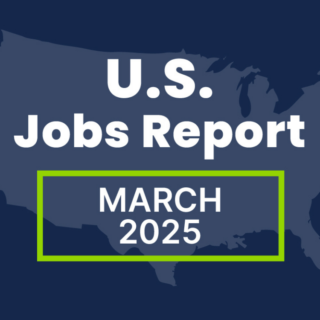In March 2019, the Wage and Hour Division of the U.S. Department of Labor (DOL) proposed a change to the “white collar” overtime exemption regulations under the Fair Labor Standards Act (FLSA). The proposed rule regulates overtime pay and implements exemptions from the overtime pay requirements for executive, administrative, professional and certain other employees.
Currently, under federal law, non-exempt employees with a salary below $23,660 annually, or $455 per workweek, must be paid overtime if they work more than 40 hours in a workweek. This salary level was set in 2004. The DOL proposed rule raises that salary level to $35,308 per year or $679 per workweek.
DOL’s proposed rule also increases the total annual compensation requirement for “highly compensated employees” from the currently enforced $100,000 to $147,414 per year. This means that employees with a total annual compensation of $147,414 would qualify for the exemption under the test for highly compensated employees (HCE). Additionally, employers would be able to use nondiscretionary bonuses and incentive payments (paid at least annually) to satisfy up to 10% of that salary level.
The proposed change does not alter the requirement of an overtime rate of at least 1.5 times the regular rate of pay. Overtime would also continue to be applied on a seven-day workweek. However, the workweek does not have to match the calendar week.
The DOL’s proposed rule change also does not change overtime protections for police, firefighters, paramedics, nurses, laborers including non-management production-line employees and non-management employees in maintenance, construction and similar occupations such as carpenters, electricians, mechanics, plumbers, iron workers, craftsmen, operating engineers, longshoremen and other construction workers. There are also no proposed changes to the job duties test, which defines several classes of workers potentially exempt from overtime based on job duties.
Despite the importance of the change to the white-collar overtime exemption, it may not require any adjustment to payroll practices for employers operating in jurisdictions with higher minimum salary thresholds imposed by state law. Employers in New York, for instance, cannot treat an employee as exempt from the overtime provisions of the New York Labor Law unless the employee meets the applicable duties test and is paid between $832-$1,125 per week, depending on the size of the employer and its location.
The rule is still a proposed change and not yet binding. After considering public comments, the Department of Labor can take feedback to issue a Final Rule, which could take months or years to take effect.
Compliance Corner is a feature from PeopleScout. Once a month, we’ll be featuring a compliance issue that’s in the news or on our minds. Understanding the patchwork of labor laws across the world is complicated, but it’s part of what we do best. If you have questions on the compliance issue discussed in this post, please reach out to your PeopleScout account team or contact us at marketing@peoplescout.com.



